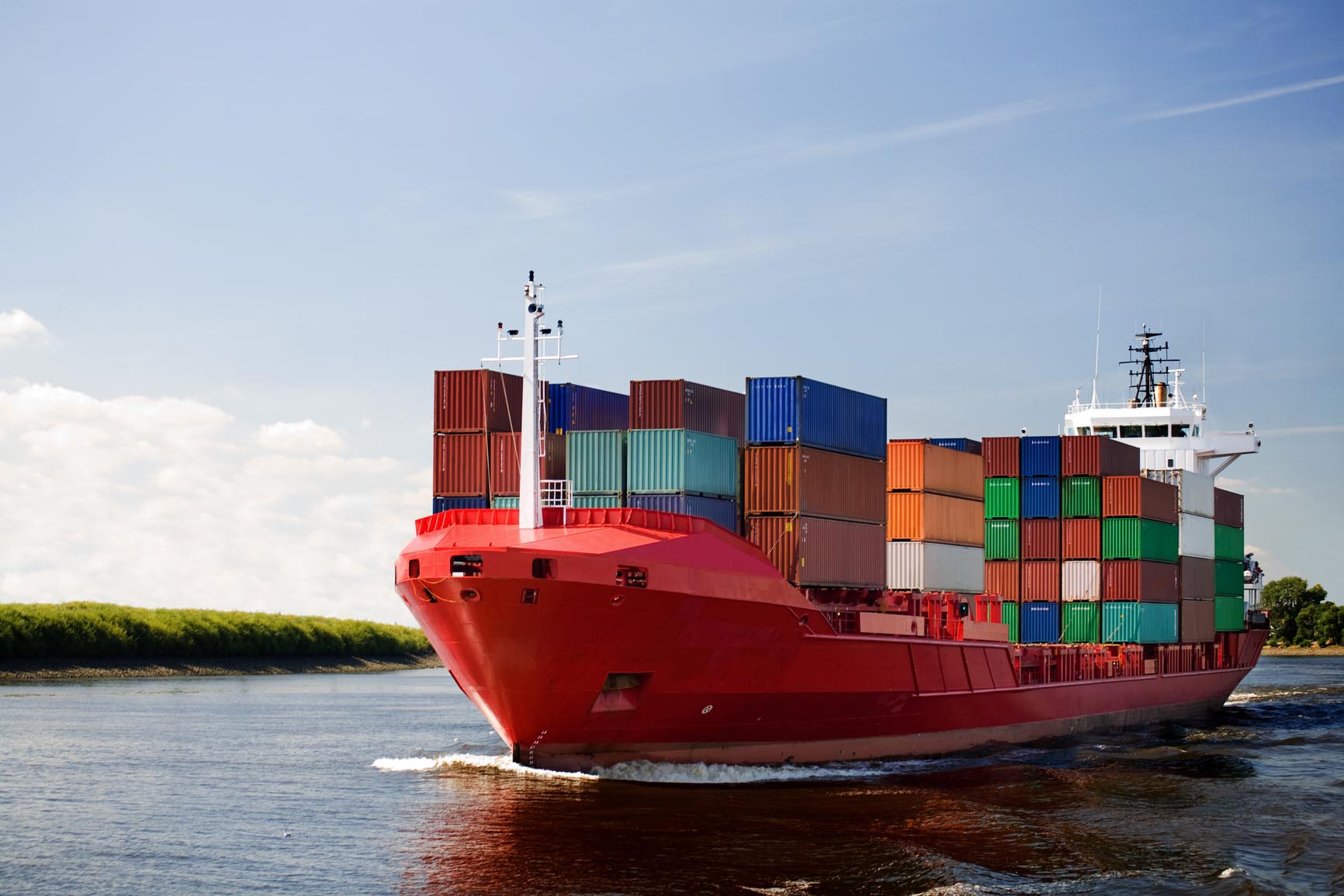Exclusive Q&A on Shipping and Maritime Law with Javier Franco Zarate
What are the main regulators and legislations that apply to shipping & maritime in your jurisdiction?
The Commercial Colombian Code (CCC) has incorporated some provisions regarding shipping and maritime matters in its fifth book, namely, the book on “Navigation”. Said provisions are referred to several matters, i.e. the vessel legal regime, registration, collisions and contracts for the carriage of both goods and passengers by sea.
Apart from that it is worth mentioning that the Andean Regime has an important international instrument dealing with arrest of ships (fully applicable in Colombia), namely, Decision 487/2000.
Reflecting on the recent $300 million legal win against North Korea. How difficult is it to harmonise the rules and regulations of different jurisdictions?
Traditionally harmonization in the field of Maritime Law is achieved through international instruments such as conventions. In this regard it is worth mentioning that Colombia is a party to important international instruments such as the 1972 Convention on the International Regulation for Preventing Collisions at Sea (COLREG 1972) and the 1992 CLC/FUND Conventions. However, we have not yet properly ratified any of the instruments available at the international level regarding the contract for the carriage of goods by sea (although we have to a certain extent similar provisions to those of the Hague-Visby Rules in our CCC).
Have there been any recent regulatory changes or interesting developments?
There have been some interesting moves regarding offshore activities in the Country. In fact, DIMAR’s (National Maritime Authority) Resolution No. 674 of 2012 addresses some of the questions that these activities raise from the point of view of the maritime operations involved. Additionally, Decree 2682 of 2014 establishes a regulatory scheme to implement free trade zones in those particular offshore operational areas.
One of the main issues faced by the shipping industry today is the emergency of registries such as Belize and Marshal Islands. How is the issue being addressed?
In Colombia a ship can be entered into local registry as per request made to DIMAR (National Maritime Authority). Said request is usually made as per Law 730 of 2001, which was originally intended for certain type of vessels but was later on made applicable to any type of vessels. Requirements to obtain a “provisional” registry or a “definitive” one are dealt with by Law 730 in Articles 18 and 20, respectively.
What are the key types of insurance and what aspects of insurance do firms frequently neglect?
As a general reference to Colombian law on marine insurance it must be said that the CCC has also incorporated some provisions regarding marine insurance in Articles 1703 – 1765. It is particularly worth noting in this regard that only recently (from 2013 onwards) it was made possible to directly contract abroad coverage associated with international maritime carriage. Now, the so-called RAIMAT was put in place to register any broker or insurer from abroad who wants to offer locally said type of coverage.
What key trends do you expect to see over the coming year and in an ideal world what would you like to see implemented or changed?
The likely is that offshore activities will further developed in the country, and thus, a single piece of legislation that could have into account all aspects of said activities (namely, maritime operational considerations, oil & gas regulations, environmental effects, etc.) would be nice to have around in the near future.
Javier Franco Zarate, a Attorney-at-law from the Externado University with a Postgraduate degree in Maritime Law, Externado University, and an LL.M in International Commercial and Maritime Law from the University of Wales Swansea, UK (Distinction).
Member of the Board of the Colombian Association of Maritime Law (ACOLDEMAR) and of the Colombian branch of the Iberoamerican Institute of Maritime Law (IIDM). And a member of the Standing Young Committee of the Committee Maritime International (CMI).
In the past ten years, Javier has practiced in local and international law firms, dealing with issues within the fields of; commercial law, transportation law, contract law, logistics, insurance and port matters. In addition to writing and publishing a range of academic articles in both domestic and international legal journals, Javier is currently acting as lecturer in transport law and logistics law at Externado University.
Javier can be contacted on +571 7035633 or by email at jfranco@francoabog.com




Comments